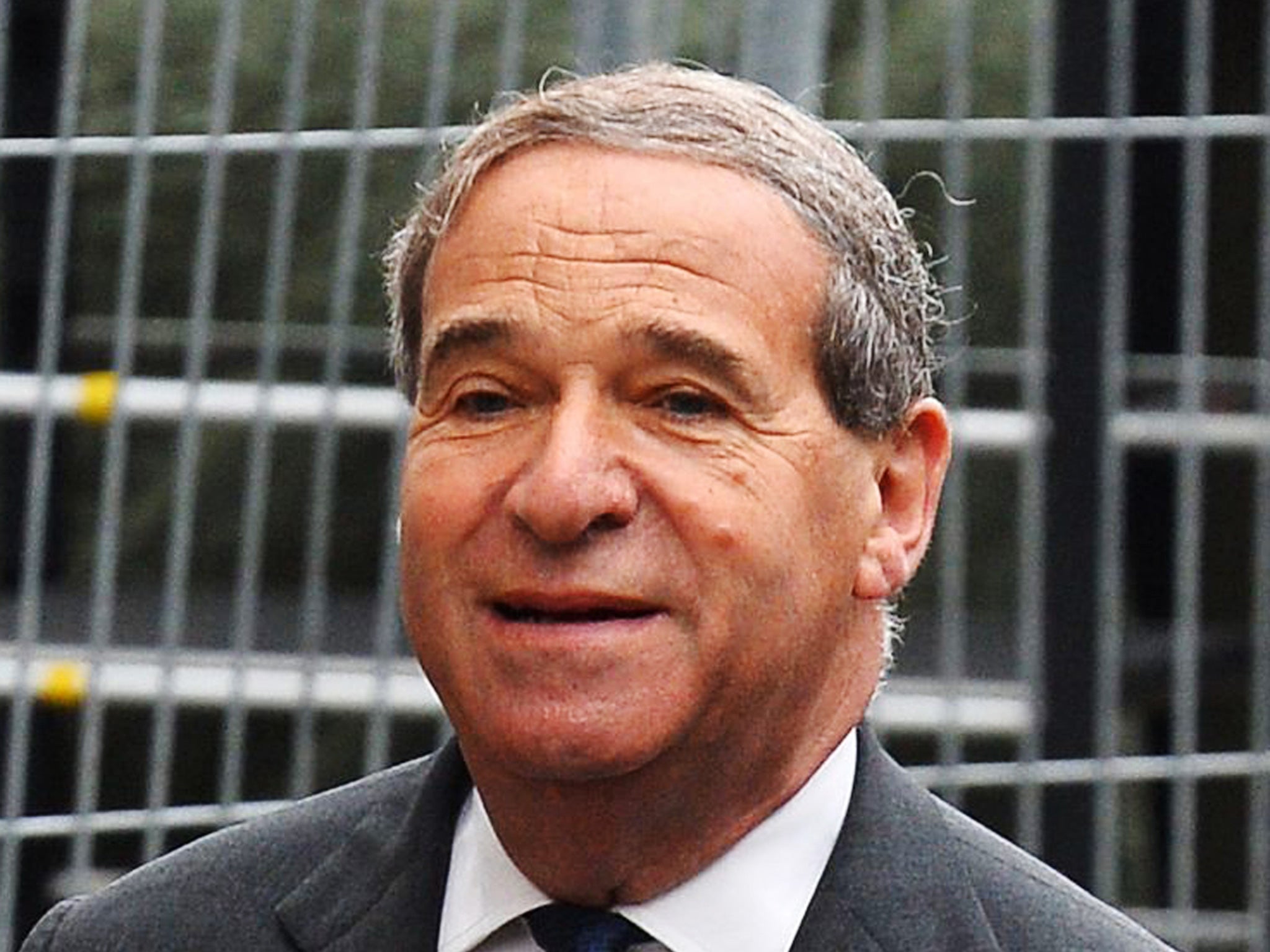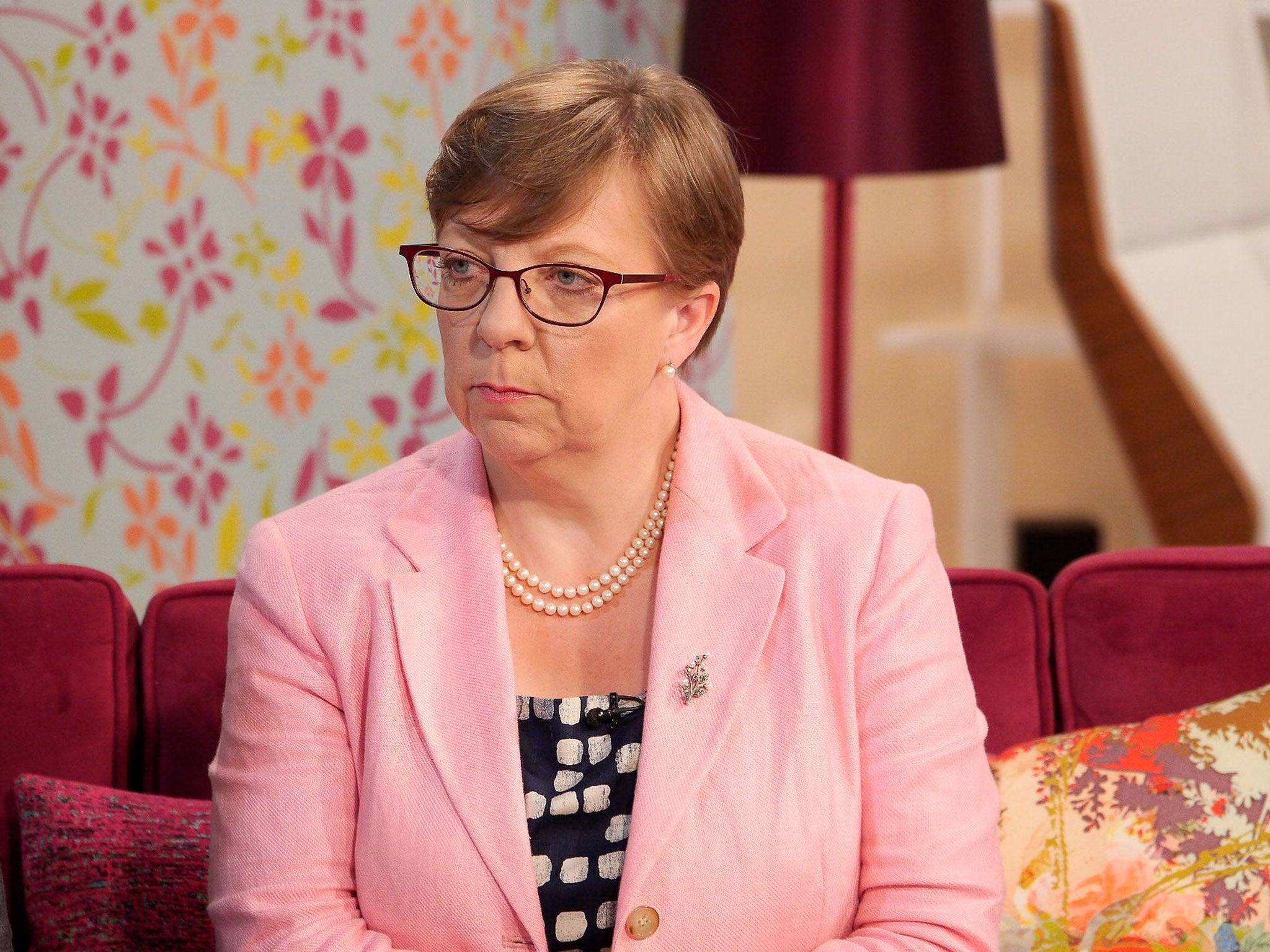Met Police defends itself over handling of historical Lord Brittan rape allegation and refers itself to another force
The Met says it feared "meida criticism and public cynicism" if it cleared the late former Home Secretary

Scotland Yard has defended its handling of the historical rape allegation against the late Lord Brittan that was raised by the Labour deputy leader Tom Watson – and said that it did not formally clear the former home secretary for fear of “media criticism”.
The Met said that the Crown Prosecution Service repeatedly refused its request to review the evidence, because the file did not meet the right “criteria”, namely that police thought there was enough evidence to bring charges.
Another police force will now be asked to review the Metropolitan Police’s handling of the allegation, according to a Scotland Yard statement released on Friday summarisng the findings of an unpublished internal review into the matter.
The statement also refutes reports that Lord Brittan was forced to take part in an identity parade before his death from cancer in January of this year, aged 75.
Instead, his accuser was asked to “shown a series of images of men matching Lord Brittan’s broad appearance in 1967”, the year of the alleged rape.
The allegation was originally made in 2012, and police decided to take no further action the following year. But investigations were reopened in 2014, after Mr Watson had written to Alison Saunders, director of public prosecutions, to express his concerns about the probe.
The statement suggests that, in 2014 and 2015 – both before and after Lord Brittan’s death – that the Metropolitan Police asked the CPS to review the evidence in the case on at least seven occasions.
This was despite police having concluded that there was “not a strong case” against the late cabinet minister by November of last year at the latest – two months before he died.

The statement said: “It was felt that these were highly unusual circumstances where the previous independence of the police to tackle sexual offending by VIPs had been publicly called into question.
“A decision to take no further action in respect of this allegation would undoubtedly have resulted in media criticism and public cynicism, and there was clearly a very strong public interest in ensuring that the correct decision had been made.”
This was why Lord Brittan could not have been told in November 2014 that no further action would be taken against him, despite police having concluded that there was "not a strong case" against him, the statement adds.
But, according to the police, the CPS repeatedly rebuffed such entreaties – leading the report to call for a change in its guidance so that the public interest can be considered even where the police did not consider there to be enough evidence for charges to be brought forward.
The statement did not reveal which force had been asked to review the Met’s investigation.
It also said that the Met should have contacted the late Lord Brittan’s solicitors in April, when it told the complainant that no further action would have been taken against him had he been alive.
It concludes: “The MPS accepts that Lord Brittan’s solicitors should have been informed at the same time as the complainant was informed. This would have permitted them to clarify the position with Lady Brittan, for which the MPS apologised in a letter to her solicitors on 6 October 2015.”
A CPS statement, released to the Exaro news website in June last year, said that its report that it had "refused" to tell police whether it had enough evidence to charge Lord Brittan was wrong.
It added: "In order for the CPS to make a full charging decision, it is necessary for the police to fully conclude an investigation and independently reach the conclusion that they have amassed sufficient evidence for a prosecution."
